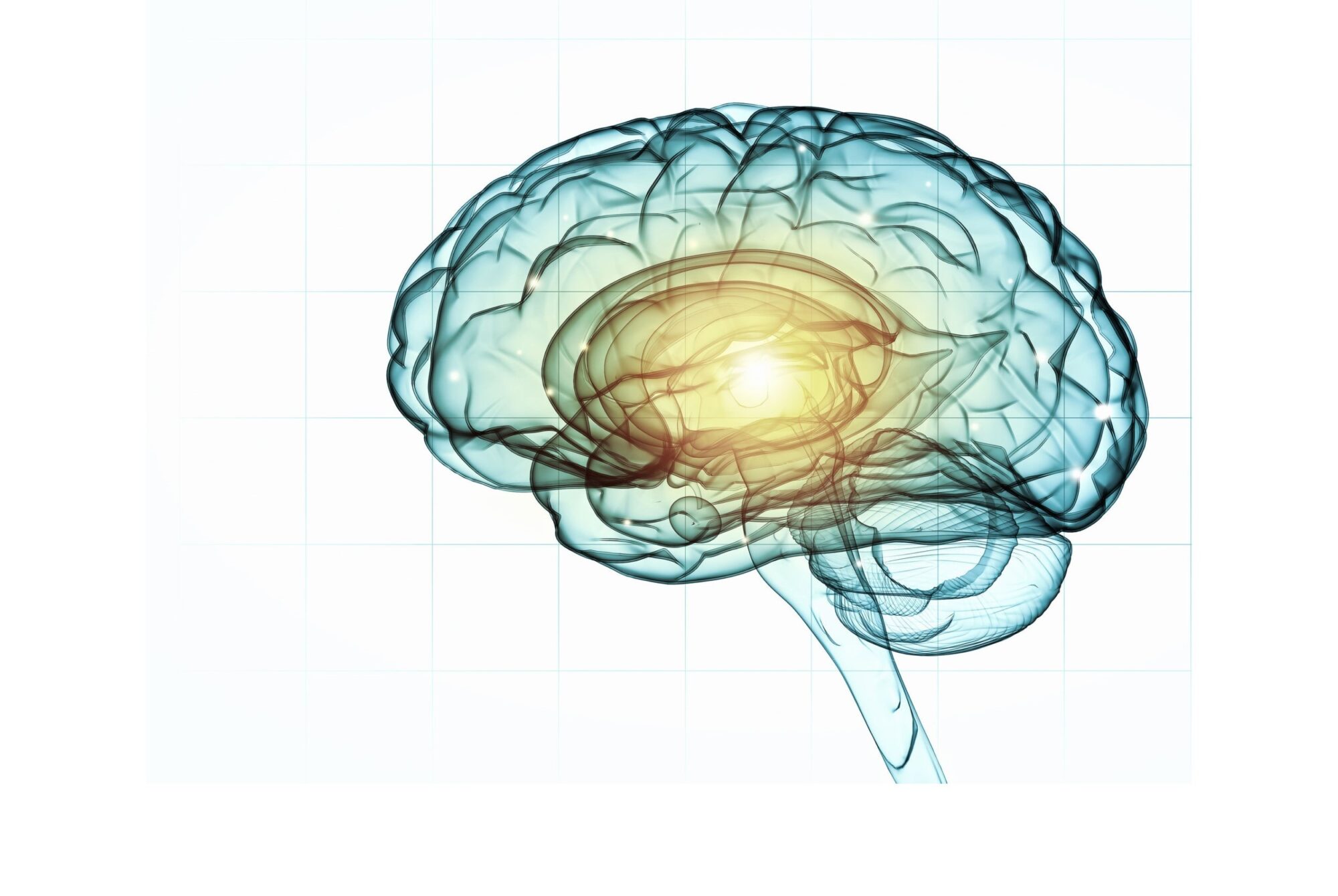My interest in creating these blogs is multifold. I want to create points of origin for dialog. This is first and foremost. Each topical dialog must start from some point, and deciding on these points will be of my choosing, of course. My points of origin are not arbitrary and I have not mused upon these topics just casually and sporadically.
The common forums for dialog tend to be on casual social media (e.g., Facebook, TikTok), professional networking (e.g., LinkedIn, Facebook) and through passive viewing, as some of us engage mass media (e.g., major network television stations, local and cable television, YouTube channels, and various Internet websites). All of these venues impact who we are and how we change. Are you aware of how you have been changing? Are you changing in ways that you like?
When we engage media, either absorbing passively or engaging through typing or video, we need to think critically. But what does “thinking critically” mean? And what do we need to do this? I will be blogging about the processes of cognition … information – a sort of groundwork … scaffolding … how research informs the aspects of cognition … tools used in the processes of research that I will be translating for daily engaging our world.
There are aspects of how a child develops that never seem to reach how we think about and understand the behavior of our children, the kids we teach or counsel or monitor … or who we see in the community. If we understood fundamental concepts, then we can do better when we work with or even just observe them. The developing child is an astounding process and remarkably unbelievable … without using effective lenses. A section of my blogging will be dedicated to helping with this. [These blogs may seem incomplete … and there is a reason. I am currently in the process of writing a book about this very collection of lenses and what they show us, so you’ll have to wait for the full versions.]
Autism is the subject of another section of blogs. So much is misunderstood. We can do so much more to help these kids. We need an effective set of points to begin understanding what is happening in an autistic mind. Have you ever asked an autistic adult what might be happening? Granted, most autistic adults do not have the foundational information, professional experiences and lenses to understand them as I do … but they can help. I’ve read research studies that investigated autistic behaviors and attempted to provide an explanation for them. I was dumbfounded. They could only make a guess, really. They did not come to “know” about the behavior. They never thought to ask autistic adults.
Finally, I am an observer. I am a researcher, at heart. Its what I want to do. And I have been watching this world try to think … make changes … create conflict … create segregation … the animosity … the fumbling, from an individual to a societal level …. Our progression, as humanity, is far below how much our technological resources are advancing. We really do need to become better people, to become a better community, to have our communities engage each other prosperously to create a fundamentally strong society that utilizes the strengths in all of us, together … supporting each other. No one teaches this. There are communities that demand we act/think a certain way … others that instruct and expect that we follow and do what certain others have done or written … others that have no real and structured organization. This section of blogging will not fill those gaps. I will, however, provide commentary on what is happening and why we could be doing better. There will be more … of course.
Above all else, when commenting, be kind, be considerate, be thoughtful.


